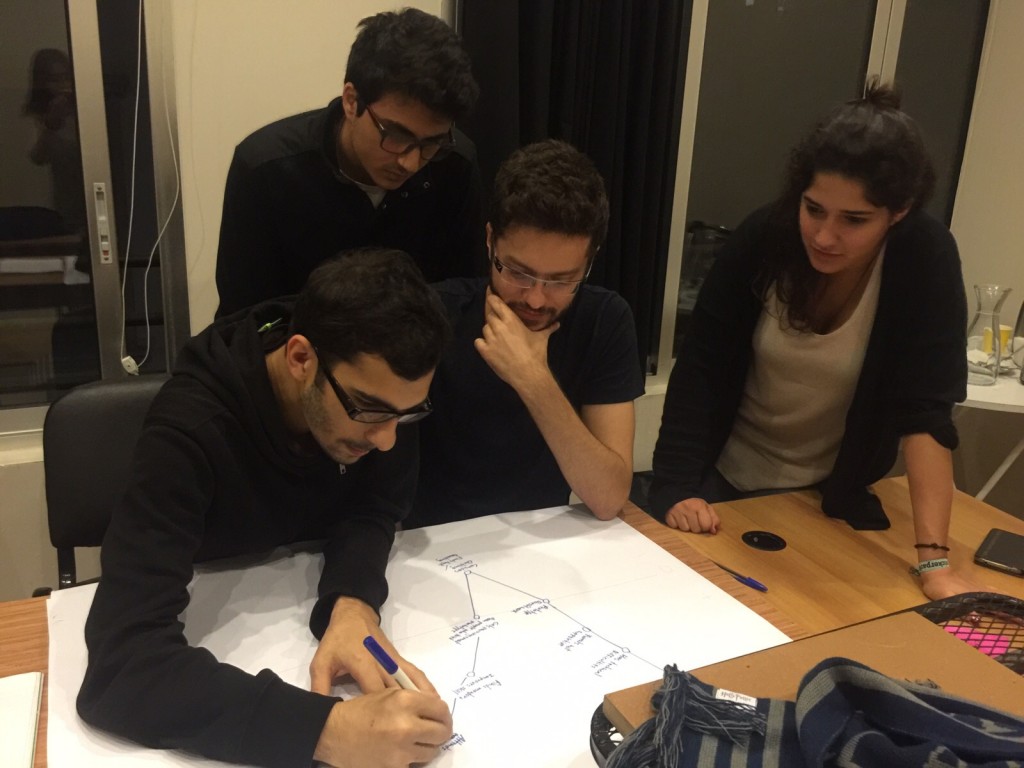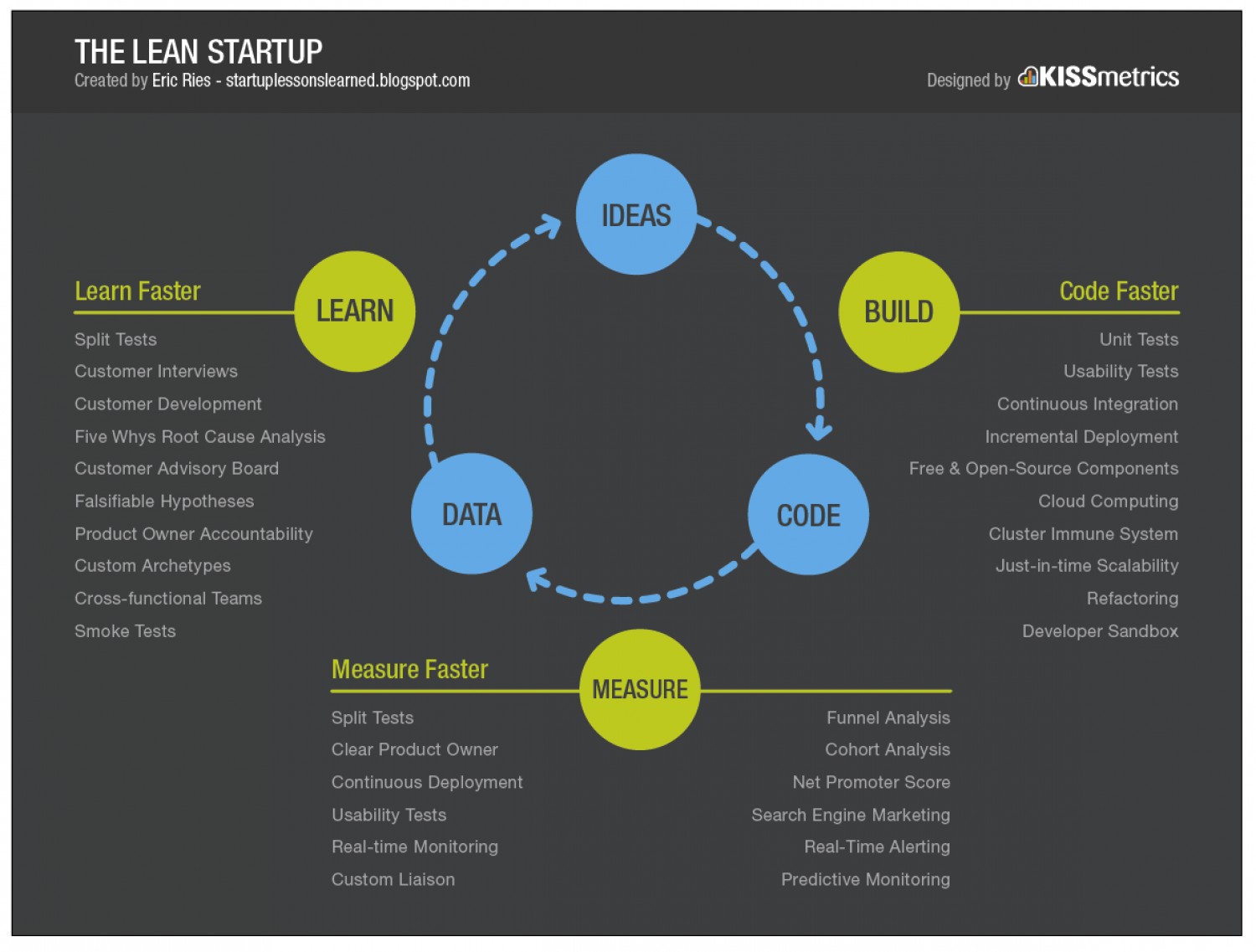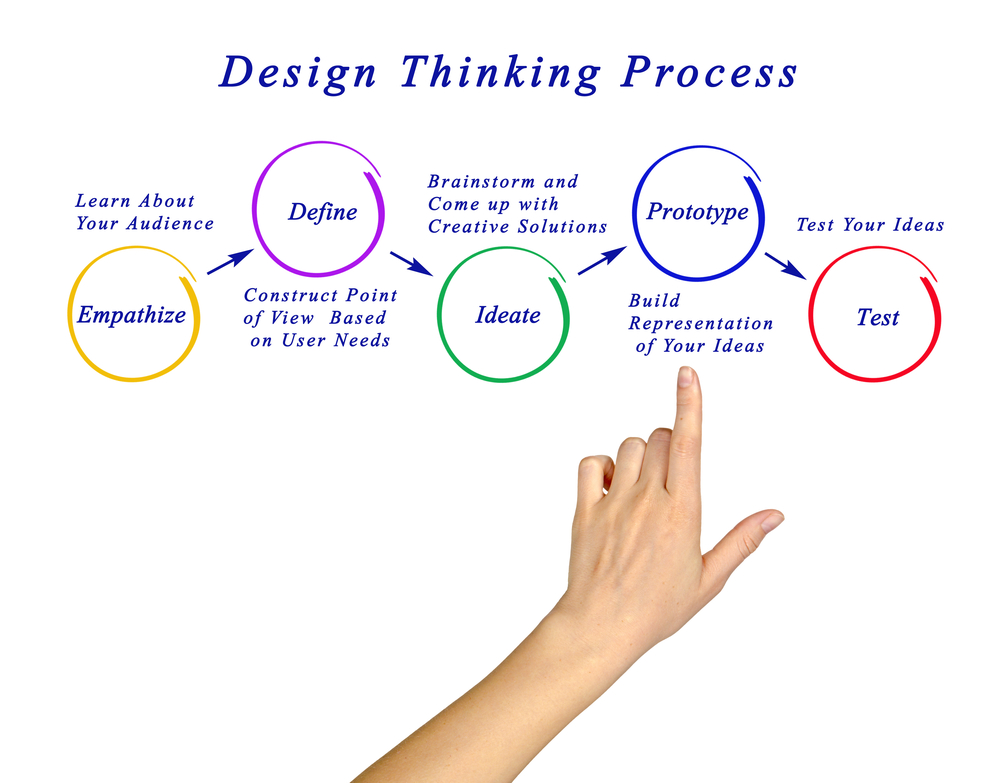Meet the Workshop Sponsors
Written by
The massive 2 day international startup conference BDL Accelerate 2015 will have over 100 startups exhibiting, 2 stages packed with panel discussions, keynotes, firesides, and 2 competitions, as well as 2 hackathons , and 2 workshop spaces that will host back-to-back workshops given by experts from around the world.
Meet our workshop sponsors:
Leap Ventures
Leap Ventures was founded in 2014 as a venture capital firm specializing in investments in startups. The firm is based in Beirut and is also located in Dubai. It invests in the MENA region with a focus in Lebanon. It considers investments between $3 million and $7 million and up to $12 million through partnerships with other firms. Leap Ventures closed off its first round at $71 million and is expected a second closing that would most likely increase the fund size to $80 million.
Leap Venture leverage their extensive entrepreneurial experience: engaging with promising entrepreneurs, providing fresh views and strategic opportunities, and planning for transformative growth.
Leap Venture has 4 founding partners with over 70 years of combined experience in founding and exiting companies. The 4 founding partners are Henri Asseily, Hala Fadel, Herve Cuvilliez, and Noor Sweid, each with a wealth of experience as investors and entrepreneurs. The 4 have founded and scaled 8 companies leading to over $ 2 billion in exits, and have invested in a total of 47 startups to date.
 Booz|Allen|Hamilton:
Booz|Allen|Hamilton:
Booz Allen Hamilton has been at the forefront of strategy and technology for more than 100 years. Today, the firm provides management and technology consulting and engineering services to leading Fortune 500 corporations, governments, and not-for-profits across the globe. In the Middle East and North Africa (MENA) region, Booz Allen builds on six decades of experience partnering with public and private sector clients to solve their most difficult challenges through a combination of business strategy, digital innovation, data analytics, cybersecurity and resilience, operations, supply chain, organization and culture, engineering and life-cycle project management expertise.
As strategy consultants, Booz Allen Hamilton can mentor entrepreneurs and start-ups, particularly through structured programmes organised by accelerators and incubators. Many of their consultants have worked closely with government and multi-nationals and understand what these organisations look for in their suppliers – therefore, Booz Allen Hamilton can help entrepreneurs ‘speak the right language’ to these entities, who are likely to be their customers. They have also worked with countries to set up entrepreneur ecosystems and recognise the complexity of the ecosystem that entrepreneurs need to navigate. Their mentorship can help them in this regard and their consultants also have honed skills that entrepreneurs need to develop, particularly in relation to thinking strategically, segmenting customers and building viable financial models.
Booz Allen Hamilton are inspiring innovation and change within the industry. Their objective is to bring innovation at the heart of their people and service offering. Booz Allen Hamilton have ventured into new technologies and instilled a creative and imaginative DNA culture to drive innovation internally within their organisation and externally for their clients.







